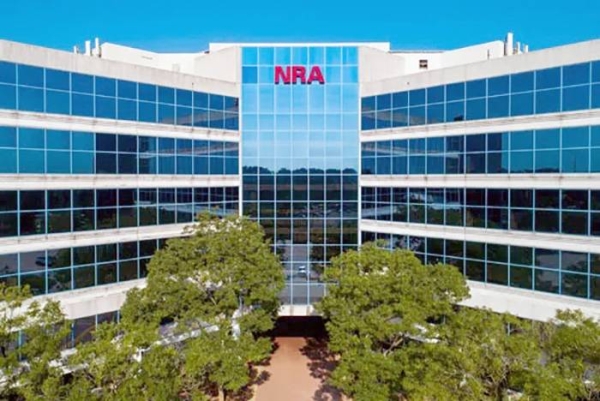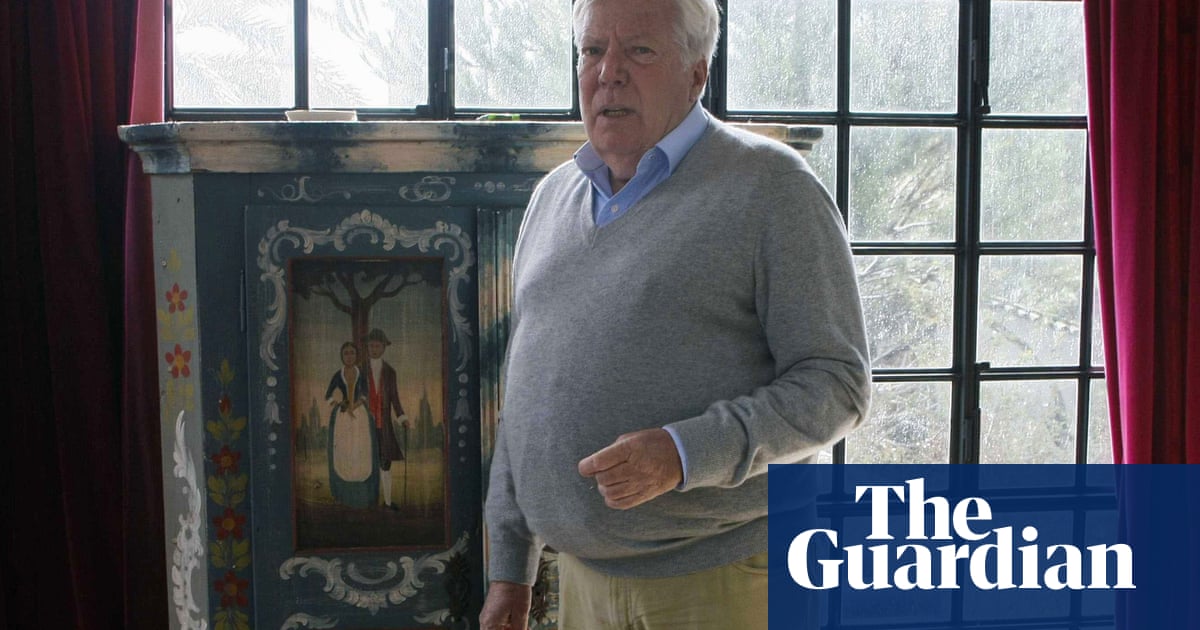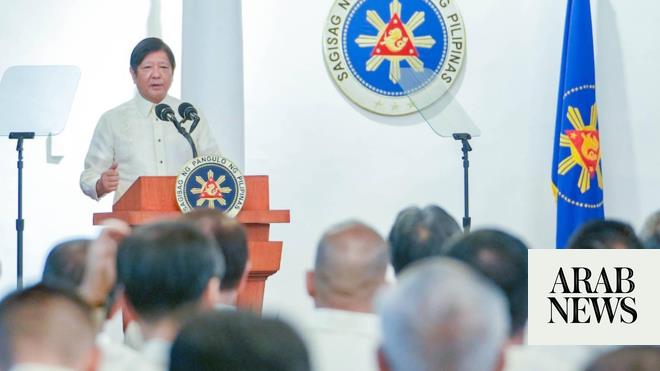
UK and European leading supermarkets say they would cut ties with any suppliers that did not meet their ethical standards after a Guardian investigation found allegations of widespread exploitation suffered by workers in meat plants across Europe.
The British Retail Consortium (BRC), a representative body for UK retailers, including supermarkets and food-to-go restaurants, said companies carry out ethical audits of the suppliers they work with and would act on any information received through whistleblowers and investigations.
Andrew Opie, BRC’s director of food and sustainability, said: “BRC members are committed to upholding high standards of welfare for all people who work in their supply chains through audits and evidence-based investigations. Any practices that fall short of their high standards will not be tolerated.”
In the Netherlands, in which the Guardian uncovered numerous allegations of migrant workers suffering in abusive conditions, the Dutch food retail association Centraal Bureau Levensmiddelenhandel (CBL) said it was important to supermarkets in the country that safe and secure working conditions were present in their supply chains.
However, it said it was the government’s responsibility, at national and European level, to police law-breaking.
The CBL said in a statement: “The Dutch supermarkets are continuously working on making their supply chains more sustainable, both in collaboration with supply chain partners, but also with NGOs, trade unions and the government.
“As an example, we have signed the international responsible business conduct agreement for the food products sector. As part of this agreement, we have been working over the last years on implementing due diligence following the UN guiding principles and OECD guidelines to increase transparency within our supply chains and mitigate among other human rights and social risks.
“The use of certification schemes and standards is key in this process of risk mitigation.”
Among individual retailers, there were differences in approaches to monitoring the welfare of workers in meat supply chains.
The UK retailers that responded to the Guardian’s request for comment said they followed the BRC’s anti-slavery protocols for supermarkets responding to reported cases of forced labour, human trafficking, debt bondage and other forms of modern slavery in their supply chain.
Morrisons and Marks & Spencer both highlighted public commitments to tackle modern slavery, with Marks & Spencer pointing to a review of its working practices carried out earlier this year by Oxfam.
The report found some supply chain employees had concerns about speaking out, inadequate sick pay and difficulty in meeting living costs in some instances, which Marks & Spencer said it was taking steps to improve.
While many supermarkets in Europe, such as E.Leclerc in France and Rewe in Germany, said they guaranteed the working conditions within the suppliers they owned, they also used additional meat suppliers owned by external companies where they had less control.
Among those who responded to the Guardian from the food service sector, KFC said high- or medium-risk suppliers were audited and, “if they don’t pass the audit, we just won’t work with them – it’s that simple”.
JD Wetherspoon said while it had not terminated any contracts because of employment welfare issues, it required all suppliers to agree to its supplier charter, which guarantees fair wages and be a member of the Supplier Ethical Data Exchange, an ethical trade membership organisation.












